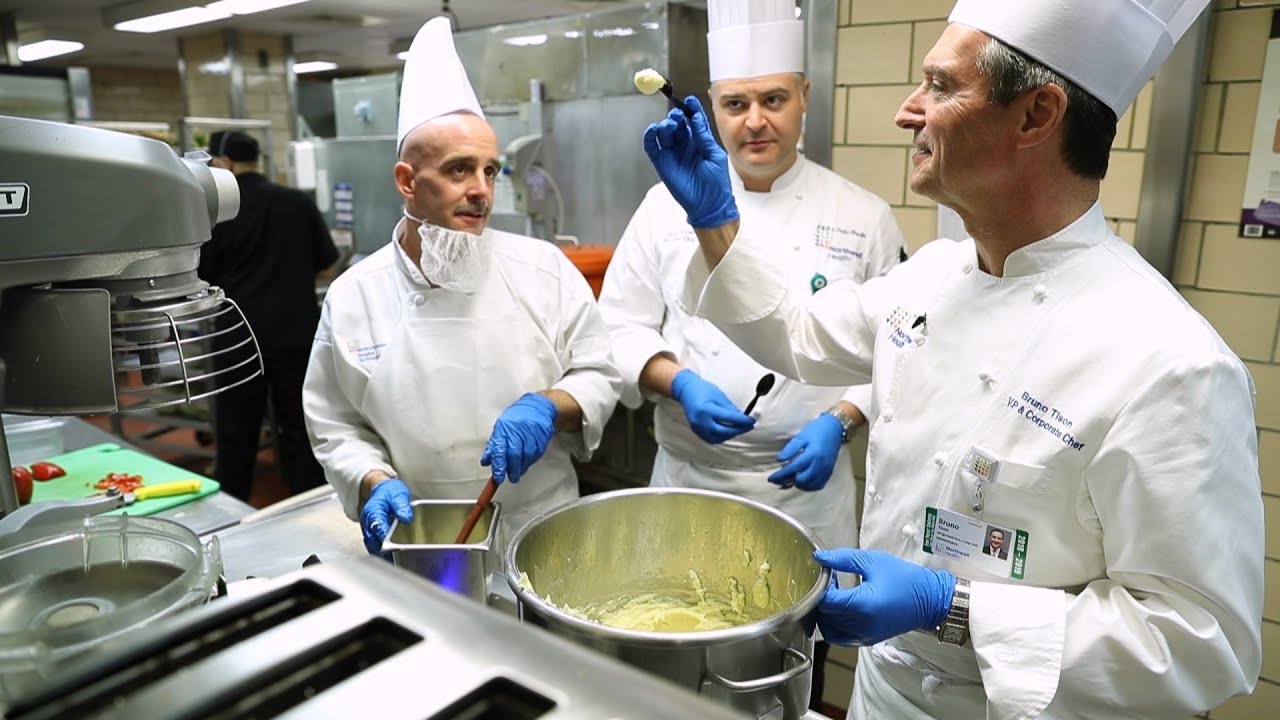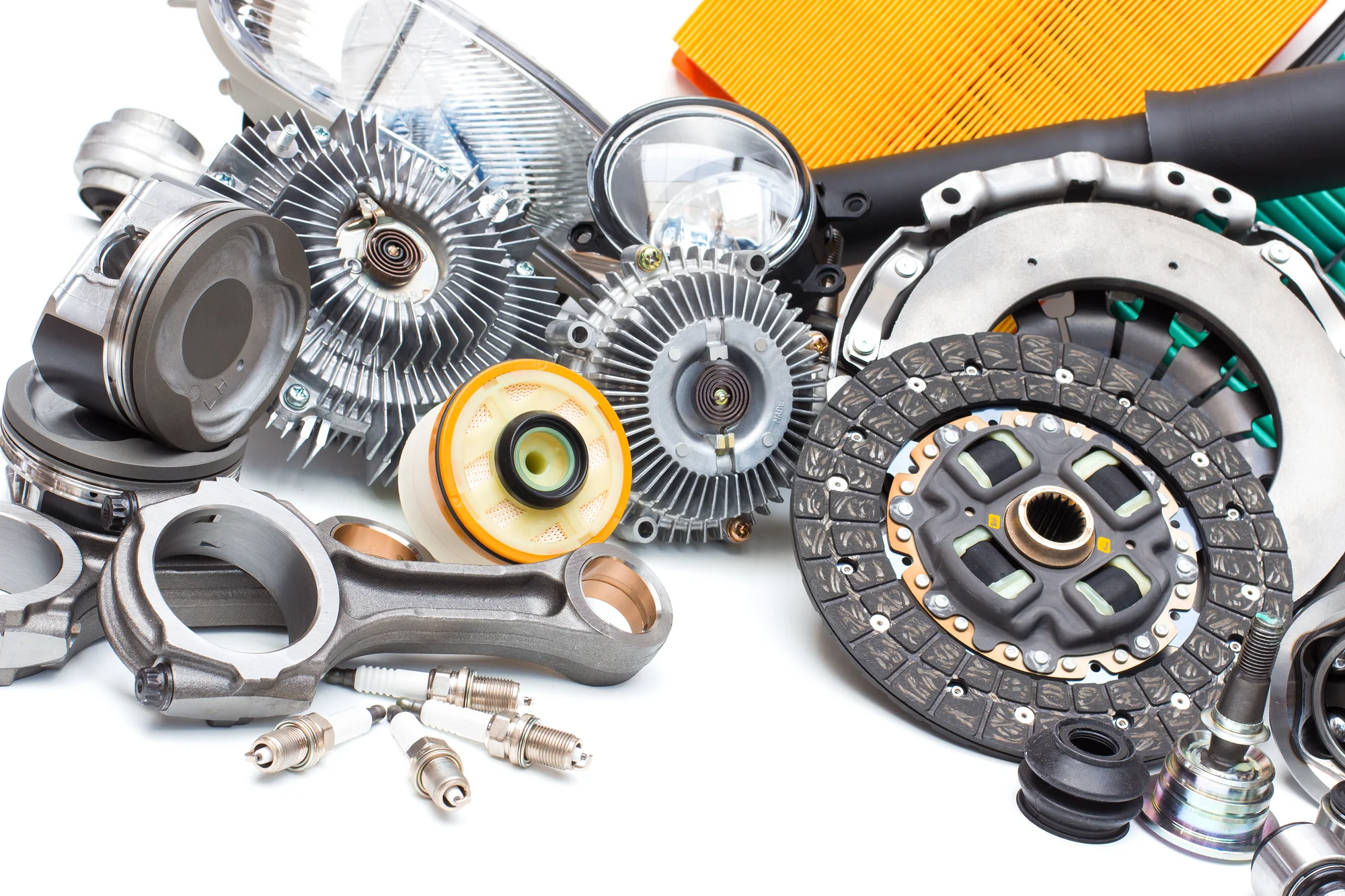In the healthcare industry, the focus often lies on doctors, nurses, and medical equipment. However, behind the scenes, hospital kitchens play an equally crucial role. These kitchens are responsible for preparing nutritious meals that aid in patient recovery and maintain overall health. For hospitals to deliver consistent and hygienic food service, having the right hospital kitchen supplies is non-negotiable. These supplies ensure operational efficiency, food safety, and regulatory compliance.
Whether setting up a new hospital or upgrading existing facilities, understanding which kitchen supplies are essential will help streamline food service processes and enhance patient satisfaction. This article explores the top five powerful hospital kitchen supplies that every hospital should invest in.
Why Hospital Kitchen Supplies Matter
The importance of hospital kitchen supplies goes beyond meal preparation. In a medical environment, every meal contributes to the healing process. Malnutrition or improper food handling can delay recovery and increase the risk of infections. By equipping hospital kitchens with the right tools and supplies, hospitals can guarantee safety, consistency, and quality. Moreover, these supplies help staff maintain high levels of hygiene and efficiency, which are crucial in healthcare settings.
1. Commercial Food Steamers
Commercial food steamers are indispensable in hospital kitchens. Steaming is one of the healthiest cooking methods, preserving nutrients without adding fats or oils. Hospitals need to provide nutrient-rich meals tailored to each patient’s medical condition, and food steamers make that possible.
These machines also help in bulk cooking, allowing hospital kitchens to serve hundreds of patients quickly. With automatic timers and temperature control, modern steamers reduce the risk of overcooking and maintain the consistency of each dish.
Hospitals should look for steamers made of stainless steel for durability and easy cleaning. Proper ventilation and water drainage systems also enhance safety and hygiene standards.
2. Industrial Dishwashers
Cleanliness is paramount in any hospital environment. Industrial dishwashers are one of the most essential hospital kitchen supplies as they ensure all utensils, trays, and kitchenware are sanitized after each use. Unlike residential units, industrial dishwashers are designed for high-volume use and can clean large quantities of dishes in a short time.
They use high-temperature water and detergents to kill bacteria, ensuring every item meets food safety standards. Some advanced models even offer energy-efficient and water-saving features, helping hospitals reduce operational costs while maintaining hygiene.
A well-functioning dishwasher system supports the infection control protocols hospitals must follow and helps maintain overall kitchen cleanliness.
3. Food Storage Equipment
Proper storage is critical in hospital kitchens. Food ingredients must be kept at specific temperatures to prevent spoilage and contamination. Thus, investing in high-quality food storage equipment is necessary for maintaining health standards.
Refrigerators and freezers specifically designed for commercial kitchens ensure perishable goods remain fresh. Dry storage cabinets, shelving units, and airtight containers also help in organizing food supplies efficiently.
Hospitals should use color-coded storage bins to separate raw, cooked, and allergen-containing items to prevent cross-contamination. Clear labeling and FIFO (First In, First Out) inventory management also play a significant role in minimizing waste and ensuring food safety.
4. Food Preparation Stations
Efficient food preparation stations are another crucial aspect of any hospital kitchen. These stations should include durable countertops, cutting boards, sinks, and proper lighting to ensure safety and efficiency during food prep.
Stainless steel tables and workstations are ideal because they resist rust and are easy to sanitize. Adjustable-height tables help reduce fatigue for kitchen staff, promoting ergonomic working conditions.
Each preparation zone should be designated for specific tasks like chopping vegetables, slicing meat, or assembling trays. This setup helps prevent cross-contamination and speeds up workflow. Having well-planned food prep stations significantly improves both quality and safety in hospital food service.
5. Medical Diet Delivery Carts
Delivery carts are often overlooked, yet they are among the most functional hospital kitchen supplies. Once meals are prepared, they need to be delivered to patients while maintaining the right temperature and presentation.
Medical-grade diet delivery carts come with insulated compartments to keep hot meals hot and cold meals cold. Many models include locking systems, tray separators, and easy-rolling wheels for smooth transport.
Using reliable delivery carts ensures patients receive meals that are fresh, hygienic, and served at the correct temperature. This not only improves patient satisfaction but also aligns with food safety regulations.
Key Considerations When Purchasing Hospital Kitchen Supplies
When selecting hospital kitchen supplies, hospitals should consider:
- Durability: Medical environments demand equipment that can withstand constant use.
- Ease of Cleaning: All surfaces and tools should be easy to sanitize.
- Compliance: Supplies must meet health and safety regulations, including NSF certification.
- Efficiency: Choose equipment that enhances productivity without compromising safety.
- Energy Consumption: Energy-efficient equipment reduces operational costs and environmental impact.
How Shinelong Kitchen Supports Hospital Kitchens
At Shinelong kitchen, we understand the unique needs of hospital kitchens. Our range of hospital kitchen supplies includes everything from high-performance steamers and industrial dishwashers to medical-grade food carts and storage systems. We prioritize quality, efficiency, and hygiene in every product we offer.
Our team also provides consultation services to help hospitals design or upgrade their kitchen layout with the right combination of equipment. With years of experience in commercial kitchen solutions, Shinelong kitchen is your trusted partner in healthcare food service.
Conclusion
Equipping your facility with the right hospital kitchen supplies is vital for delivering safe, nutritious, and timely meals to patients. From commercial food steamers to reliable delivery carts, every tool plays a role in maintaining high standards of care.
By investing in high-quality kitchen equipment, hospitals can ensure operational efficiency, meet regulatory standards, and, most importantly, support patient recovery. Choose a supplier like Shinelong kitchen to ensure your hospital kitchen is prepared to meet the demands of modern healthcare.
FAQs
1. What are the most important hospital kitchen supplies for patient safety?
Key items include commercial food steamers, industrial dishwashers, and medical diet delivery carts. These ensure hygienic cooking, cleaning, and food delivery.
2. How often should hospital kitchen equipment be maintained?
Hospital kitchen equipment should undergo regular cleaning and maintenance checks monthly, with deep inspections every 3 to 6 months depending on usage.
3. Why is stainless steel commonly used in hospital kitchens?
Stainless steel is durable, resistant to corrosion, and easy to sanitize, making it ideal for maintaining hygiene standards in healthcare food service.
Explore our homepage now to stay ahead in the digital world.












Leave a Reply